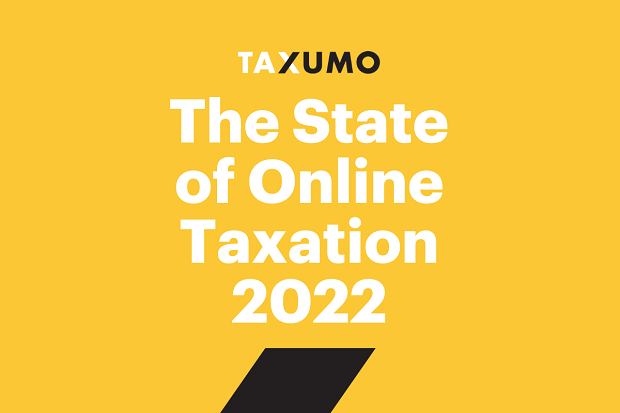Online tax filing and payment platform Taxumo has released its 2022 State of Online Taxation report, showcasing the impact of the “great resignation”, the aftermath of a two-year long pandemic, as well as the online tax landscape the new administration is set to inherit.

Based on the data collected from Taxumo’s user base in 2021, 43% of the total amount collected are from sole proprietors, highlighting the contributions of small businesses and independent contractors to post-Covid economic recovery.
The number of professionals – which has increased by 3.8% since last year – is indicative of the shift to independent work, likely accelerated during the Covid-19 pandemic.

Touching on economic recovery post-lockdown, 32.5% of Taxumo users moved up the tax bracket, revealing an increase in income. Meanwhile, 14.5% of taxpayers on the platform moved down and 53% of subscribers have remained in the same bracket since 2020.
“We are proud to roll out the 2022 State of Online Taxation report. Some of the key themes we’re exploring this year are the tax landscape in a post-lockdown world, as well as the different economic trends that are set to influence the decisions of the incoming administration,” said Taxumo founder and CEO EJ Arboleda.
“We also want to show individuals and businesses how many people have seamlessly transitioned to self-filing, further encouraging them to explore more flexible, independent work.”
As the market picks up post-Covid, the number of upper-middle income earners is up by 1.2% for 2021, now at 10.3% of Taxumo’s total users.
But there continues to be a widening divide between the rich and the poor.

While “rich” taxpayers (who earn an income of P190,000 a month) were absent in last year’s report, their numbers rose by 2.4% this year. Poor taxpayers, on the other hand, increased by 9.6% (32.6% in 2021 vs. 23% in 2020), stipulating the difficulty for low-income earners to bounce back as quickly as high-income earners do.
Tax compliance continues to show no boundaries across all genders. Self-identified women, men, and non-binary individuals continued to diligently file and submit taxes throughout the year.

But while women taxpayers increased since last year by 107%, they continue to be noticeably paid less than men – exhibited by the total taxes remitted by women in 2021.
On the upside, the spending power of some members of the LGBT+ community has grown stronger, as tax payments by non-binary taxpayers on Taxumo increased by 2,200%.

According to the report, several factors will set the stage for the new fiscal year. The incoming administration would need to address growing debt and inflation rates, taxpayers are deciding independent or corporate work, and the country continues to reel from the effects of the pandemic.
“Given all this, the Department of Finance seeks to defer debt and increase national revenue by proposing three packages set to roll out from 2023 to 2025. The packages include deferring income tax reduction, increasing petroleum tax, and imposing taxes on social media influencers and individuals in the crypto industry,” the report said.




